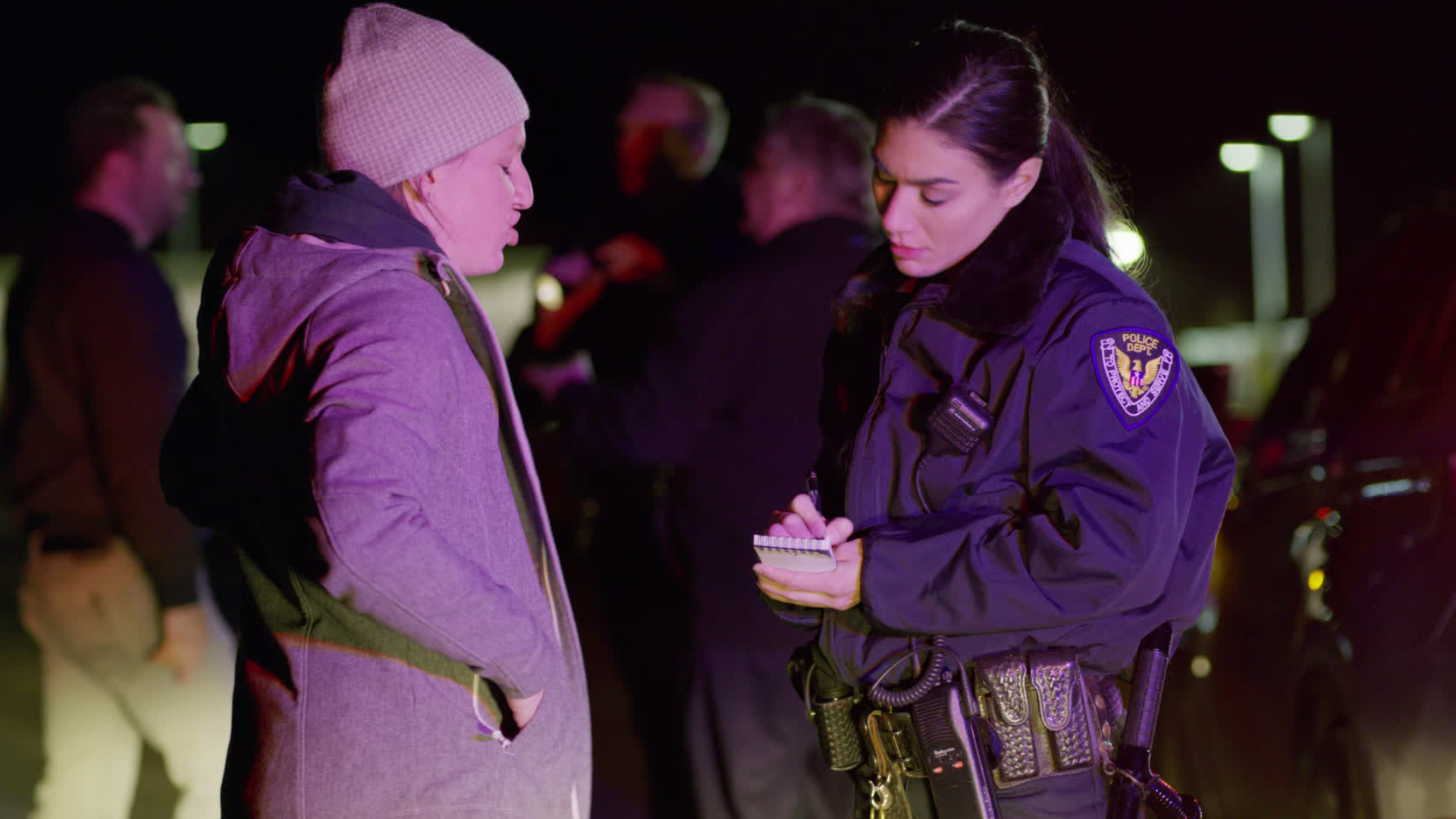Police Identification & Records Officers
Crime Scene Investigator (CSI), Crime Scene Technician, Criminalist, Forensic Specialist
 Select a military branch to see samples.
Select a military branch to see samples.
Human Intelligence Specialist; Human Intelligence Specialist Craftsman; Security Forces; Security Forces Apprentice, Combat Arms; Security Forces Craftsman, Combat Arms; Security Forces Helper, Combat Arms; Security Forces Journeyman; Security Forces Superintendent; Special Investigations Craftsman; Special Investigations Journeyman
CID Special Agent; Combat Engineer; Combat Medic Specialist; Counter Intelligence Agent; Counter-Intelligence Technician; Human Intelligence Collector; Intelligence Analyst; Military Police; Senior Military Police Sergeant; Unit Supply Specialist
Investigations; Investigator; Marine Investigations; Maritime Law Enforcement Specialist
Criminal Investigation Officer; Criminal Investigator (CID) Agent; Forensic Psycho-Physiologist (Polygraph Examiner); Military Police; Military Police Investigator; Military Police Officer
Afloat Security Specialist; Intelligence Investigations Officer; Law Enforcement and Security Officer, Afloat; Law Enforcement and Security Officer, Shore Activity; Law Enforcement and Security Officer, Staff; Master-At-Arms; Military Criminal Investigator; Military Investigator; Naval Criminal Investigative Service Operations Specialist
No similar titles were found.
What they do:
Collect evidence at crime scene, classify and identify fingerprints, and photograph evidence for use in criminal and civil cases.
On the job, you would:
- Photograph crime or accident scenes for evidence records.
- Maintain records of evidence and write and review reports.
- Submit evidence to supervisors, crime labs, or court officials for legal proceedings.
Knowledge
Safety and Government
- law and government
- public safety and security
Business
- administrative services
- customer service
Arts and Humanities
- English language
Engineering and Technology
- computers and electronics
Skills
Basic Skills
- listening to others, not interrupting, and asking good questions
- talking to others
Problem Solving
- noticing a problem and figuring out the best way to solve it
Abilities
Verbal
- communicate by speaking
- listen and understand what people say
Ideas and Logic
- make general rules or come up with answers from lots of detailed information
- order or arrange things
Personality
People interested in this work like activities that include data, detail, and regular routines.
They do well at jobs that need:
- Perseverance
- Stress Tolerance
- Self-Control
- Cautiousness
- Integrity
- Attention to Detail
Technology
You might use software like this on the job:
Graphics or photo imaging software
- DesignWare 3D EyeWitness
- Digital Image Management Solutions Crime Scene
Presentation software
- Microsoft PowerPoint
Data base user interface and query software
- Microsoft Access
- National Crime Information Center (NCIC) database
Education
Education: (rated 3 of 5)
high school diploma/GED or
some college
usually needed
some college
usually needed
Job Outlook
Below Average
New job opportunities are less likely in the future.
Explore More
- Coroners
- Detectives & Criminal Investigators
- Forensic Science Technicians
- Intelligence Analysts
- Private Detectives & Investigators
You might like a career in one of these industries:
See more details at O*NET OnLine about Police Identification & Records Officers.





